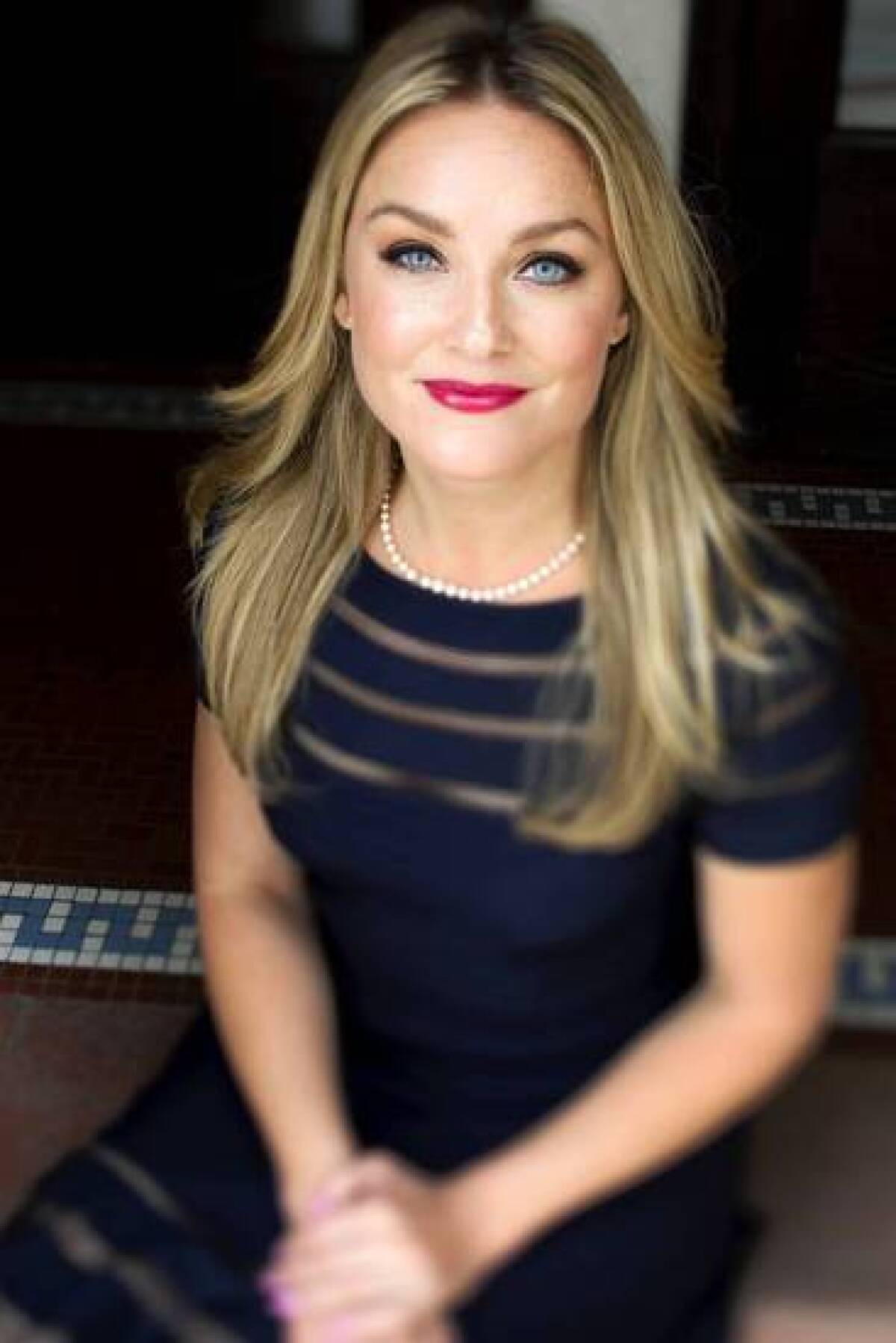Actress says sharing secret of infertility a relief

There came a moment, at a dinner party, when actor Elisabeth Rohm felt “an impulse of camaraderie” and chose the chance to ease another woman’s distress over a secret she had carefully guarded. Rohm told the group that she had become pregnant through in vitro fertilization.
“It’s not necessarily the most comfortable experience” to bare your soul, Rohm said, but it was a stop on a journey that’s led to her recently published memoir, “Baby Steps: Having the Child I Always Wanted (Just Not as I Expected).”
“The most surprising thing about the whole experience was how relieved I felt, like a huge weight had been lifted from my shoulders. I told my secret to do something for her and without realizing, speaking it out loud had done something important for me,” writes Rohm, best known for her roles on “Law and Order” and “The Client List.”
“The reason to tell the truth is if it serves you and serves others,” she said in an interview in the lobby of Shutters on the Beach hotel in Santa Monica.
The truth about infertility is that millions of people experience it. According to the Centers for Disease Control and Prevention, about 10% of U.S. females ages 15 to 44 have trouble getting or staying pregnant. But, the CDC says, infertility is the woman’s issue only a third of the time. A third of the time the infertility is due to the man, and another third is due to a combination of factors. The CDC says the success of assisted reproductive technologies varies widely based on many factors, including age and the specific medical problem.
Infertility feels, Rohm writes, “like a punch in the stomach, a negation of your power. What good are you? You can begin to feel like you are nothing.”
She adds, “It suggests you are getting older.”
But, she said, she hopes to turn that feeling around, to give women the courage to speak up and support one another. “You’re not less feminine because you can’t conceive.”
The myth of eternal youth and the pressures women face to look younger feed the reluctance to be open about infertility.
“We live with nutritional advances, and we are able to look younger longer through beauty enhancements,” Rohm says. “We can almost believe our own myths of youth.”
As an actor, Rohm understands efforts to remain youthful-looking. She is tall and strong, gorgeous at 40. But it means work, and it means having “work,” such as Botox — but not surgery — done. “I wasn’t one of those celebrities who bounces back after a couple of weeks to my regular size 0. As if I’ve ever been a size 0,” she writes in “Baby Steps.”
Rohm was young, just 34, when she learned she could not conceive a child. As a result, she advises other young women to add to their annual gynecological exams a check of their hormone levels and of their ovarian reserves.
Rohm, with her fiancé, eventually did get pregnant and became the mother of Easton, now a preschooler.
“Baby Steps” is the story of becoming a mother, but it’s much more. Rohm traces her unconventional life story that included a boarding school that seemed like something out of Lemony Snicket, some wild times in her youth, and questions of faith and aging, life and death.
Rohm credits her mother with inspiring her to become a parent — and with having the courage to be herself. As she puts it: “I was spoon-fed honesty and activism with my Cheerios.”
More to Read
Sign up for our Book Club newsletter
Get the latest news, events and more from the Los Angeles Times Book Club, and help us get L.A. reading and talking.
You may occasionally receive promotional content from the Los Angeles Times.







